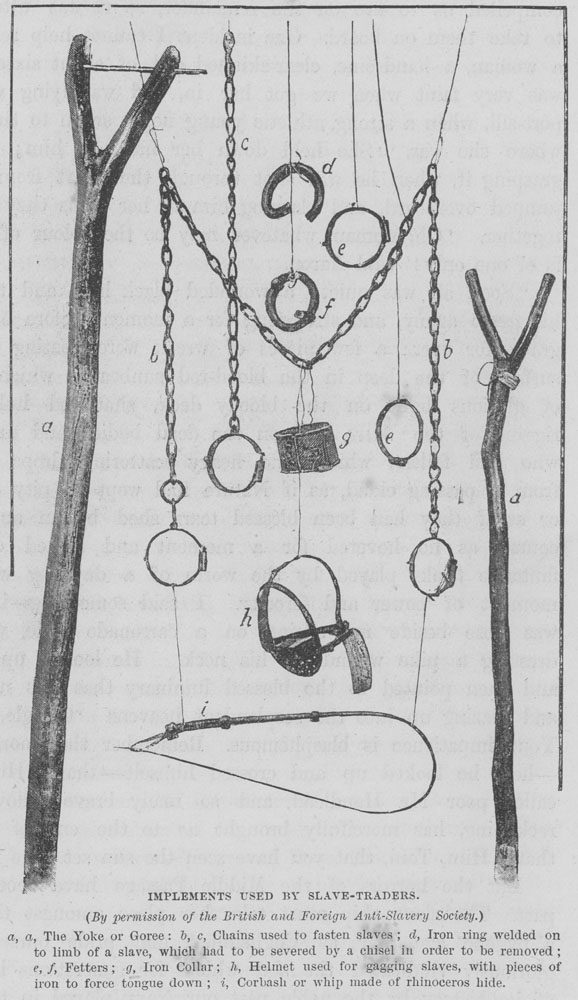
A conservative Christian family member recently sent me Ravi Zacharias’s book The End of Reason: A Response to the New Atheists (2008) and asked that I offer a reply. The following is my reply.
_____
1. Introduction
1.1 The Author
Ravi Zacharias, born in India and now a Canadian/American, is a well known “international” Christian apologist. Zacharias preached in Vietnam and Cambodia during the Vietnam war, participated in Harvard’s first Veritas Forum, and has given presentations at Princeton. He spent a brief time as a visiting scholar at Cambridge University and is currently a visiting professor at Wycliffe Hall, Oxford. In all other respects, he appears to enjoy the general career of the apologist: books, website, ministry, conferences, and radio.
1.2 The Occasion
The End of Reason (2008) is Zacharias’s response to Sam Harris’s bestselling Letter to a Christian Nation (2006). As indicated by the subtitle (“a response to the new atheists”), Zacharias intends to also implicitly address Christopher Hitchens, Daniel Dennett, and Richard Dawkins. These other authors are explicitly noted intermittently: Zacharias refers to “Christopher Hitchens, Richard Dawkins, and a few others” (16), “Sam Harris, Richard Dawkins, Christopher Hitchens, and Daniel Dennett” (30), “Richard Dawkins and Sam Harris” (43), “Christopher Hitchens, a man too intelligent to write a book as base as The Missionary Position” (101), and “Sam Harris, Richard Dawkins, Christopher Hitchens, and others” (126). Dennett is on my view the most interesting intellectual out of the four (Hitchens the most notable), yet Zacharias has nothing to say about him. Dennett remains lurking in the evangelical shadows of “and others”.
_____
2. The Opening Tale
2.1 Paragraph One
On my view, the most intriguing part of The End of Reason is the opening five paragraphs (13-15), the first two serving as the foundation. Here is the opening paragraph:
A university student arrives home and informs his parents that, after reading a popular atheist’s book, he has renounced his family’s faith. His mother, particularly, is shattered by the news. The father struggles to engage his son in dialogue, but to no avail. The deepening grief causes them to distance themselves from their son. When the game of silence does not work, the mother is plunged further into depression and despair. The grandparents become involved, watching in anguish as beliefs that have been held dear in the family for generations crumble. Before long, this family that was once close and peaceable is now broken and hostile. Abusive words between mother and son are exchanged with increasing frequency and intensity, and the siblings blame their brother’s new strident atheism for the rift in the family. After a long night of arguing with her son, pleading unsuccessfully with him to reconsider his position, the mother takes an overdose of prescription medication and ends her life, unable to accept what she interprets to be the destruction of her family.
This is certainly a sad tale. But can even the discerning, charitable reader predict what the moral of this story will be? This short narrative entertains some events that are unquestionably fanciful, such as the son’s declaration that he has “renounced his family’s faith” and the fact that it is the religious father who “struggles to engage” in “dialog”. It is improbable, if not incredible, that a University student would refuse to dialog about an influential book he has just read. With these narrative details put aside, however, the rest of the story appears to me sufficiently realistic given the level of ‘dysfunction’ in many families. It seems reasonable to suppose, for example, that parents as characterized generally by this story would naturally cling not to the seeking after what is empirically true, enlightening, and that which promotes the common good of society, but rather, to the “family’s faith”. Similarly, it is not implausible that grandparents are watching on as traditional beliefs held “for generations crumble”. This appears to be, in fact, a universal story of the conservative mind meeting a changing world.
All we know about the son from this short story is that he was sincerely convinced, after reading a book, that God does not exist, and further, that he is willing to confess this to his parents. The level of grief experienced by the parents is therefore not what we might consider a healthy response. That it is the parents that distance themselves reveal a particularly unhealthy, albeit common, set of social habits. I appreciate Zacharias’s willingness to include the real possibility of unjust and irrational shunning that often takes place in social situations like this. Zacharias calls this shunning “a game of silence”, implying some level of intentional manipulation. This increases the injustice of the parent’s initial response exponentially. Given this shunning, game of silence, and despair on the part of the son’s parents, the larger family unit becomes “broken and hostile”. The mother is willing to engage in “abusive words” with her son, which the son now, apparently, begins to offer back. The parents are willing to allow their son’s other siblings to blame his new sincerely adopted and studied beliefs to be the sole cause of the family’s suffering. The university student is therefore unjustly accused by his immediate peers under the oversight of his very own parents. Even after all this, the parents take it upon themselves to berate their son long into the night, “pleading” with him. The mother is apparently unwilling to reconsider her manipulative game of shunning her own son and unwilling to stand up for her son against the unjust accusations from her other children. Rather, so determined that her son’s new beliefs have been the sole cause of the “destruction of her family”, she commits suicide.
2.2 Paragraph Two
So what, then, is the moral of this story? Why did Zacharias open the book with precisely this moving narrative? Did the father or mother do anything wrong? Is there anything they might have done different? Did their other children respond in ways that were unjust? Should the parents have rather corrected this problem between their children? Is the shunning, the game of silence, and the accusations against the ‘black sheep’ of the family the target of the forthcoming lesson? As it turns out, none of these issues are to the point of the story. Rather, the point is that the book that this university student read that helped lead to his new beliefs should not have ever been written. The person who wrote the book is immoral and deluded. (more…)
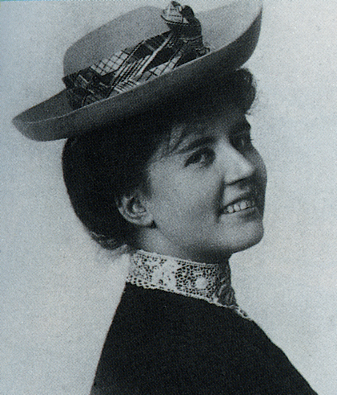 Today, Google celebrates Laura Ingalls Wilder’s 148th birthday. I appreciated the nudge, since it called to mind Laura Ingalls Wilder’s daughter, Rose Wilder Lane. According to historian Jennifer Burns, although she “took no public credit, Lane was essentially a coauthor of the best-selling Little House on the Prairie series,” weaving “libertarianism delicately through the nostalgic books.” Google’s prod also revealed that it was not until this year that Wilder’s autobiography published, describing life as it really was: Pioneer Girl
Today, Google celebrates Laura Ingalls Wilder’s 148th birthday. I appreciated the nudge, since it called to mind Laura Ingalls Wilder’s daughter, Rose Wilder Lane. According to historian Jennifer Burns, although she “took no public credit, Lane was essentially a coauthor of the best-selling Little House on the Prairie series,” weaving “libertarianism delicately through the nostalgic books.” Google’s prod also revealed that it was not until this year that Wilder’s autobiography published, describing life as it really was: Pioneer Girl



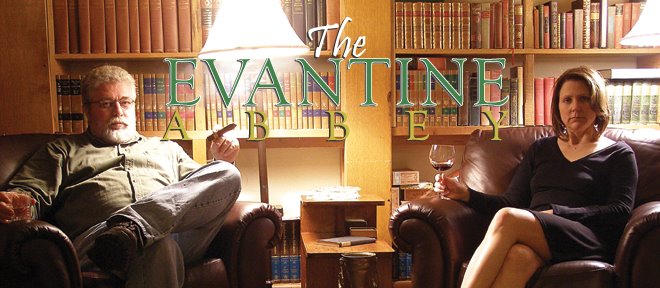
 In continuation of my analysis of the
In continuation of my analysis of the  My summary of the debate between Wilson and Hitchens (Canon Press) can be found
My summary of the debate between Wilson and Hitchens (Canon Press) can be found  Taking a fatalistic view that was at odds with his ostensibly cheery humanism, he used to say that “if you look in playgrounds, you see the little judge and the little burglar and the little murderer and the little banker.” He tried and failed to derive consolation from religion, and once had the following exchange with Cardinal Basil Hume: Hume pontificated to him that, were there to be no God, human life would be absurd. “Well, exactly” was Mortimer’s rejoinder. (
Taking a fatalistic view that was at odds with his ostensibly cheery humanism, he used to say that “if you look in playgrounds, you see the little judge and the little burglar and the little murderer and the little banker.” He tried and failed to derive consolation from religion, and once had the following exchange with Cardinal Basil Hume: Hume pontificated to him that, were there to be no God, human life would be absurd. “Well, exactly” was Mortimer’s rejoinder. (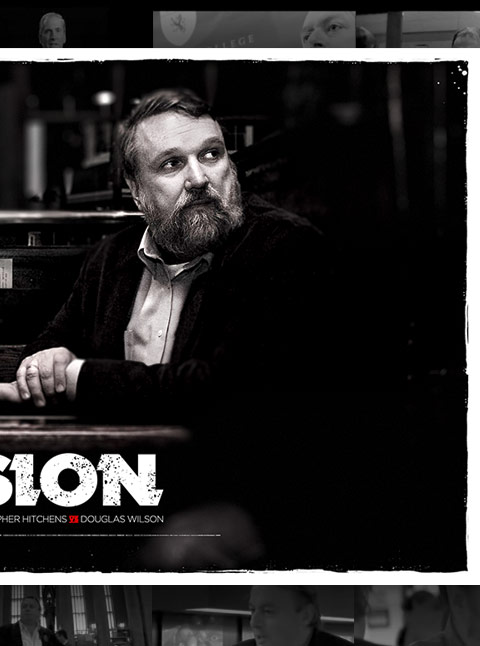 My interest in this debate is two-fold. First, I believe this debate sheds further light on the work, life, and psychology of fundamentalism’s most intriguing American leader, Douglas Wilson, as well as the beautiful world he brought forth from the dust of the earth, which I like to call – as did Wilson not long ago –
My interest in this debate is two-fold. First, I believe this debate sheds further light on the work, life, and psychology of fundamentalism’s most intriguing American leader, Douglas Wilson, as well as the beautiful world he brought forth from the dust of the earth, which I like to call – as did Wilson not long ago – 
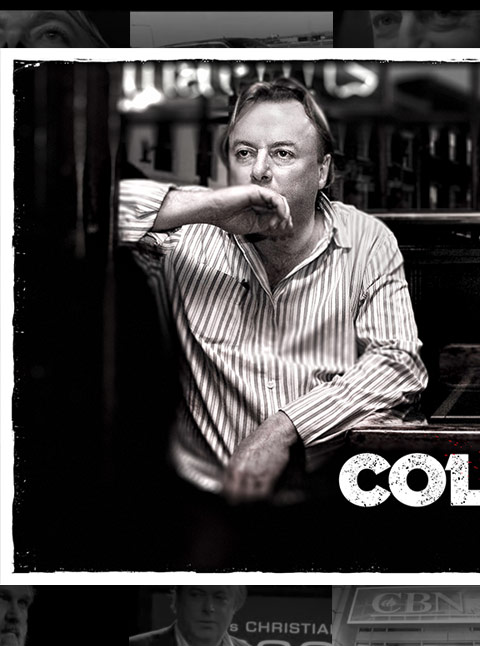 “I
“I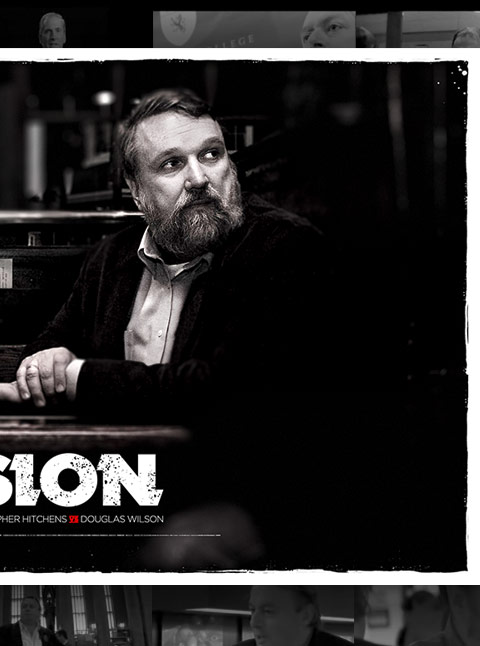 also web published at Christianity Today. As any good professing presuppositionalist would do, Wilson centers the debate on a neo-Van Tillian version of the moral argument. I plan to offer an analysis of this debate and in time get on to seeking some answers for the questions above. For now, I want to challenge Hitchens’ elegant claim that morality is simply “innate.”
also web published at Christianity Today. As any good professing presuppositionalist would do, Wilson centers the debate on a neo-Van Tillian version of the moral argument. I plan to offer an analysis of this debate and in time get on to seeking some answers for the questions above. For now, I want to challenge Hitchens’ elegant claim that morality is simply “innate.”